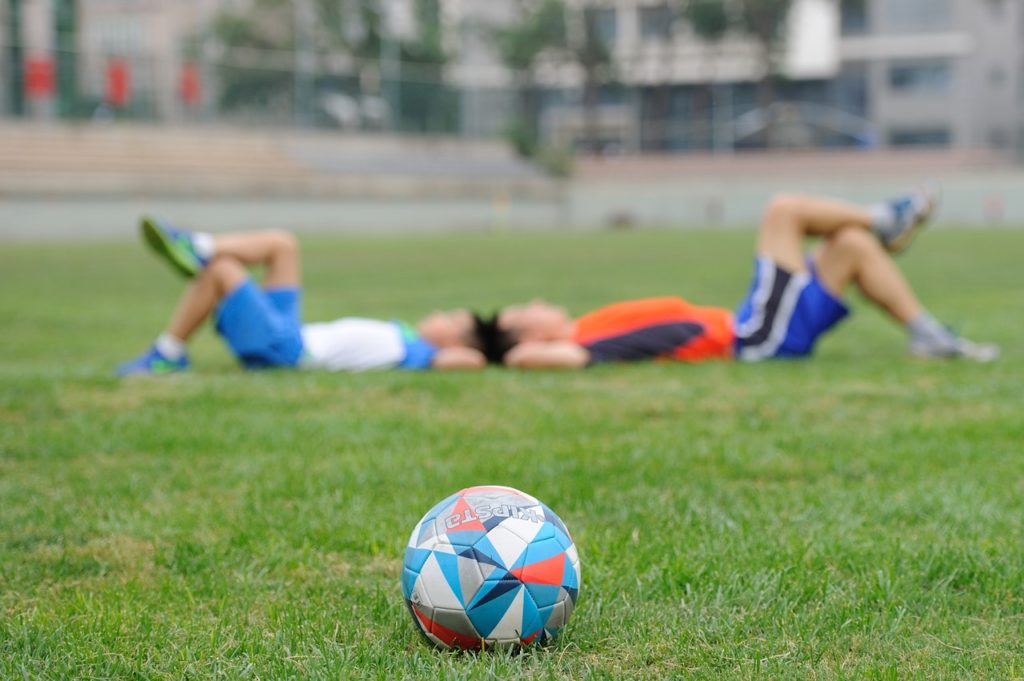Every serious athlete has their own rituals and routines when it comes to injury prevention, but stretching, applying ice and heat, and warming up are all tried-and-true methods of the physically fit. Recent performance technologies like foam rolling and compression garments have built upon this foundation, helping those in peak condition push their bodies (safely!) to the limits and increasing resiliency.
According to new research conducted by sports physiotherapist Michelle Biggins, however, most athletes overlook the most powerful and easily accessible method of preventing injuries: a good night’s sleep.
The Benefits of Better Sleep
As obvious as the benefits of a good night’s sleep might seem, poor sleeping habits can be particularly detrimental to athletes — and of the 69 players involved In Biggins’ study, nearly half slept poorly. Adverse health effects of fatigue include slower reaction times, limited physical abilities, higher levels of stress, and a decreased ability to learn new skills and retain information, all of which can greatly undermine an athlete’s performance.
With such serious consequences, many of the world’s best sports teams are increasingly committed to improving their players’ sleeping habits — and for good reason. Well-rested players are not only healthier on an individual level, they’re also at a significant competitive advantage: better sleep can increase sprinting speeds, shorten reaction times, provide a boost of energy, and improve an athlete’s mood.
Simple Steps to Get More Zzz’s
Getting a good night’s sleep, however, requires changes to daily habits that extend beyond the playing field. Stress, anxiety, muscle soreness, caffeine intake, extensive travel, and technology use can all contribute to poor sleep, and addressing all of these issues holistically can be difficult. So we suggest starting small, addressing each contributing factor one at a time: by establishing a sleep schedule, reducing caffeine consumption, and limiting screen time before bed, anybody can quickly settle into a healthy nightly routine. And trust us: the benefits of good sleep are more than worth the effort.
While Biggins’ study is small in scale, the results yield significant implications. Whether you’re a professional basketball player or a casual fitness enthusiast, every patient with an active lifestyle needs to prioritize sleep. Fortunately, our talented team of orthopedic specialists at New York Bone and Joint can help athletes get the sleep they need to excel. With our extensive experience in sports medicine and physical therapy, we can eliminate any pain and discomfort that’s preventing you from sleeping. Call us today to schedule an initial consultation!




